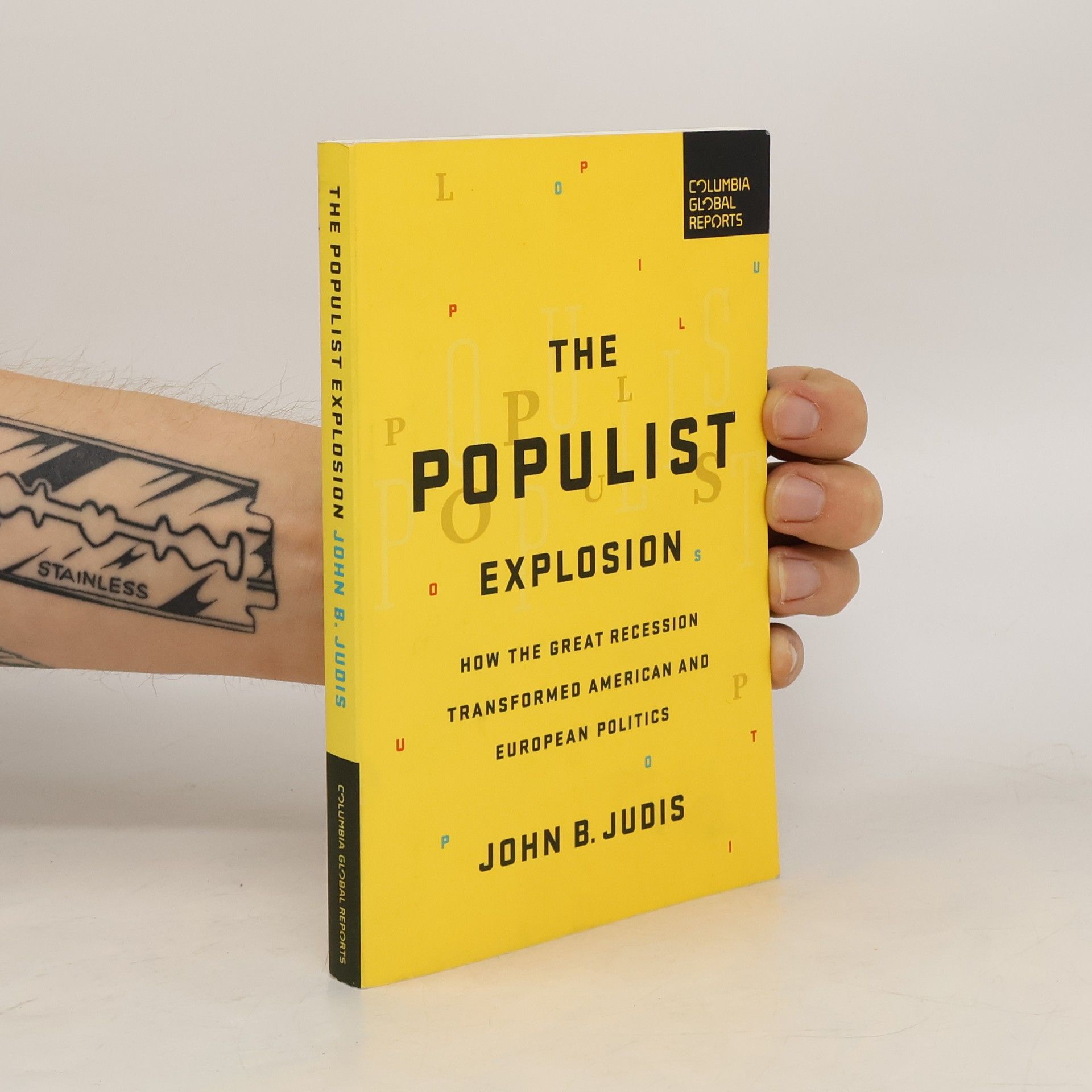The Politics of Our Time
- 430 stránek
- 16 hodin čtení
The distinguished political analyst John Judis has brought out a book with Columbia Global Reports during each of the last three national political seasons: The Populist Explosion in 2016, The Nationalist Revival in 2018, and The Socialist Awakening in 2020. Together, these books chart the rise during the second decade of the twenty-first century of a new and unexpected political mood produced by widespread dissatisfaction with the results of the free-market policies that emerged in the late twentieth century, especially after the collapse of the Soviet Union. This anthology, with an Introduction written after the 2020 election, is an indispensable guide to understanding the deeply rooted disenchantment that gave rise to the far-right, the radical left, and the populism on both sides, and changed the politics of our time.

